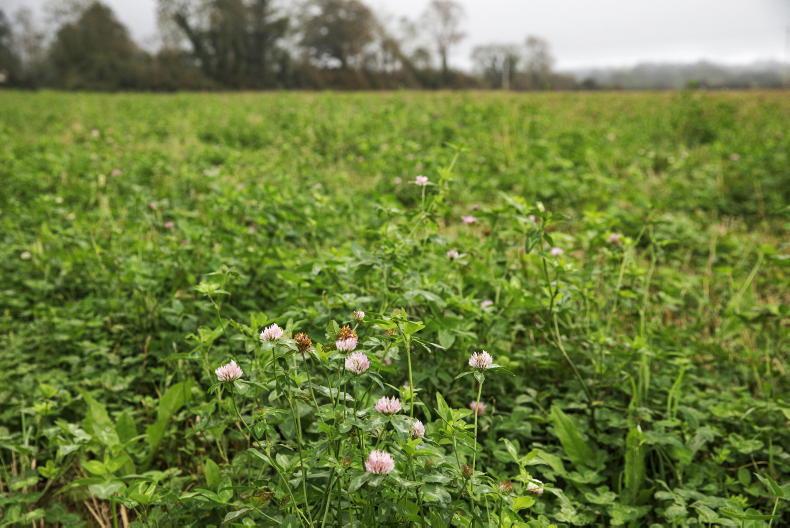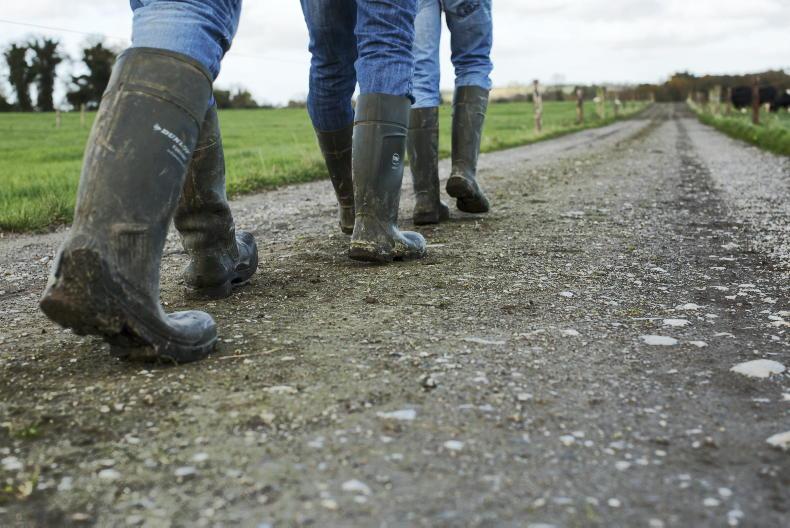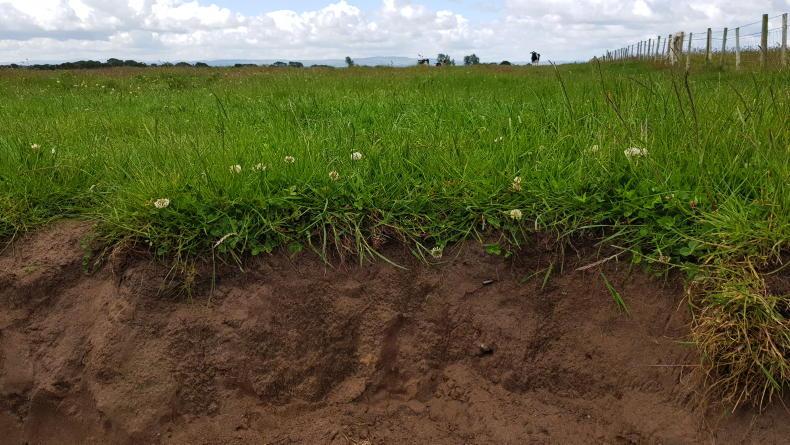The European Commission plans to launch its carbon farming initiative by the end of this year.
The announcement comes as the Commission this week published the final report (Technical Guidance Handbook – setting up and implementing result-based carbon farming mechanisms in the EU) on how to set up and implement carbon farming in the EU, following a two-year study.
The study examined schemes which currently reward participants for carrying out measures which the climate benefits from in five areas including peatland restoration and rewetting, agroforestry, maintaining and enhancing soil organic carbon (SOC) on mineral soils, managing SOC on grasslands and carbon audits on livestock farms.
According to the Commission, “the study concludes that result-based carbon farming can contribute significantly in the EU’s efforts to tackle climate change, bringing benefits in terms of carbon sequestration and storage and other co-benefits, such as increased bio-diversity and preservation of eco-systems”.
Pilot initiatives
It recommended that pilot initiatives should be developed at local or regional level to gain experience in carbon farming and allow for improvements to carbon farming initiatives as they develop.
Speaking on the publication of the report, executive vice-president for the European Green Deal Frans Timmermans stated: “Carbon farming offers new income opportunities for farmers.
"It is an example of how the new Common Agricultural Policy’s eco schemes and private funding can reward agricultural practices that help us fight the climate and biodiversity crises.”
Green business model
In a statement, the European Commission outlined that it will promote carbon farming as “a new green business model that creates a new source of income for actors in the bio-economy, based on the climate benefits they provide”.
Very importantly, it also plans to develop a regulatory framework for certifying carbon removals.
This framework is to be based on “robust and transparent carbon accounting to monitor and verify the authenticity of carbon removals”.
The Commission is to publish an action plan by the end of 2021.
Carbon farming is seen as a new source of income for farmers and land managers and it can be rolled out in the Common Agricultural Policy through eco schemes and rural development support, along with state aid.
Carbon trading
At present, agriculture currently sequesters and stores carbon through soils, hedgerows, trees, crops and other habitats, yet this is not used to offset the emissions released by agriculture.
This storage and sequestration is not measured on a widespread scale, so the carbon accounting mentioned for carbon farming initiatives will be central to the success of the plans.
Carbon trading is outlined as one initiative to be explored in Ag Climatise, Ireland’s roadmap to carbon neutrality in Irish agriculture.
Action 17 in Ag Climatise suggests the development of a pilot scheme for on-farm carbon trading to reward farmers for the public goods they are providing.









SHARING OPTIONS